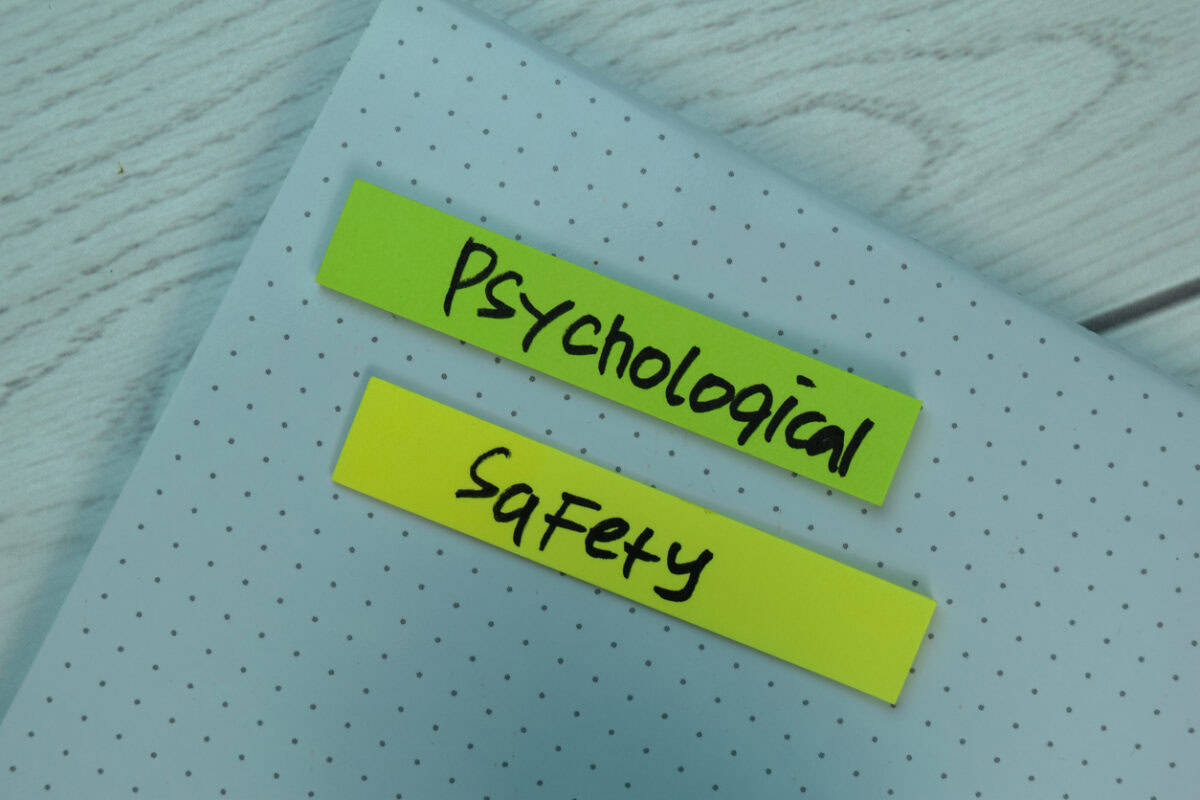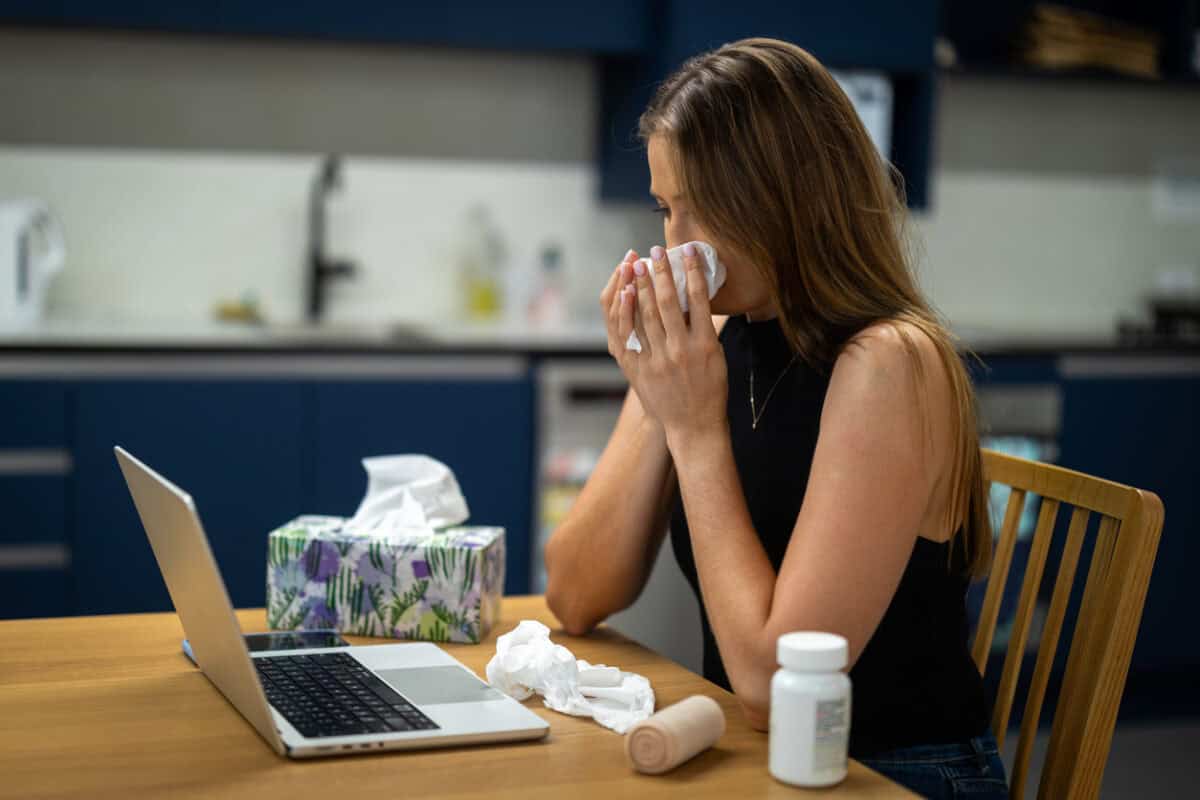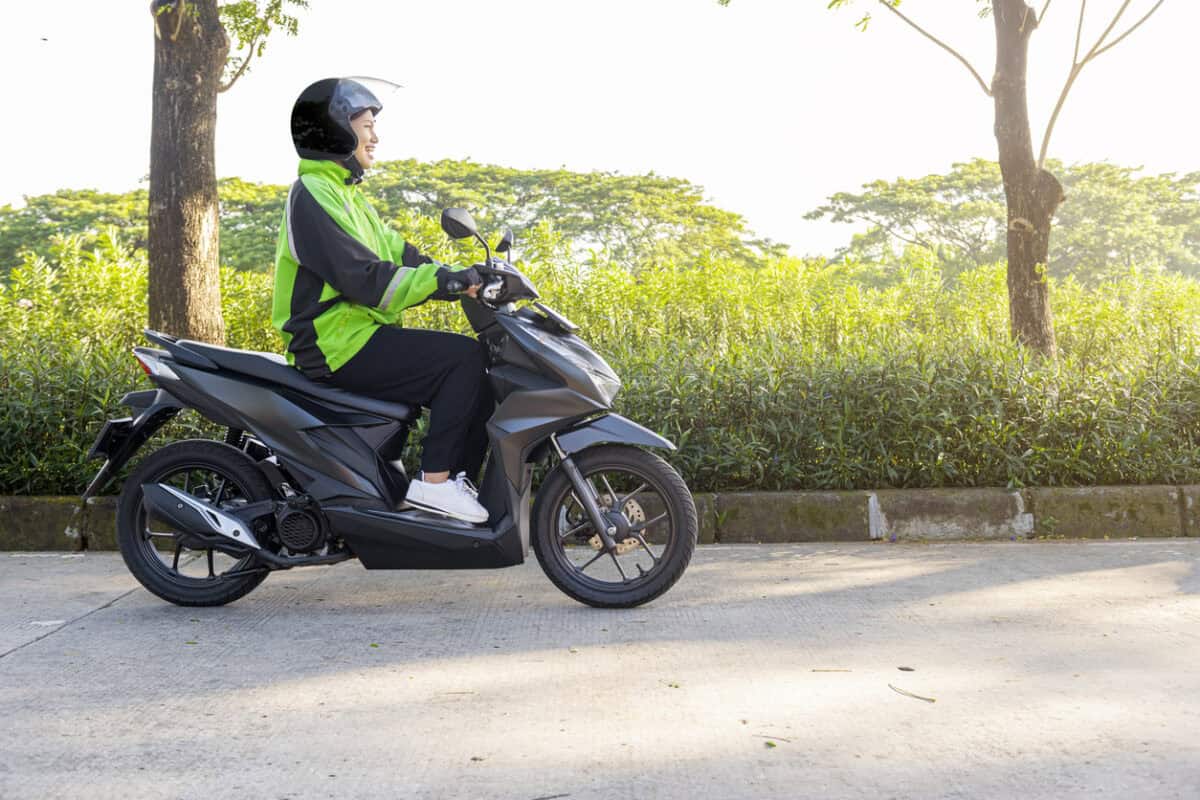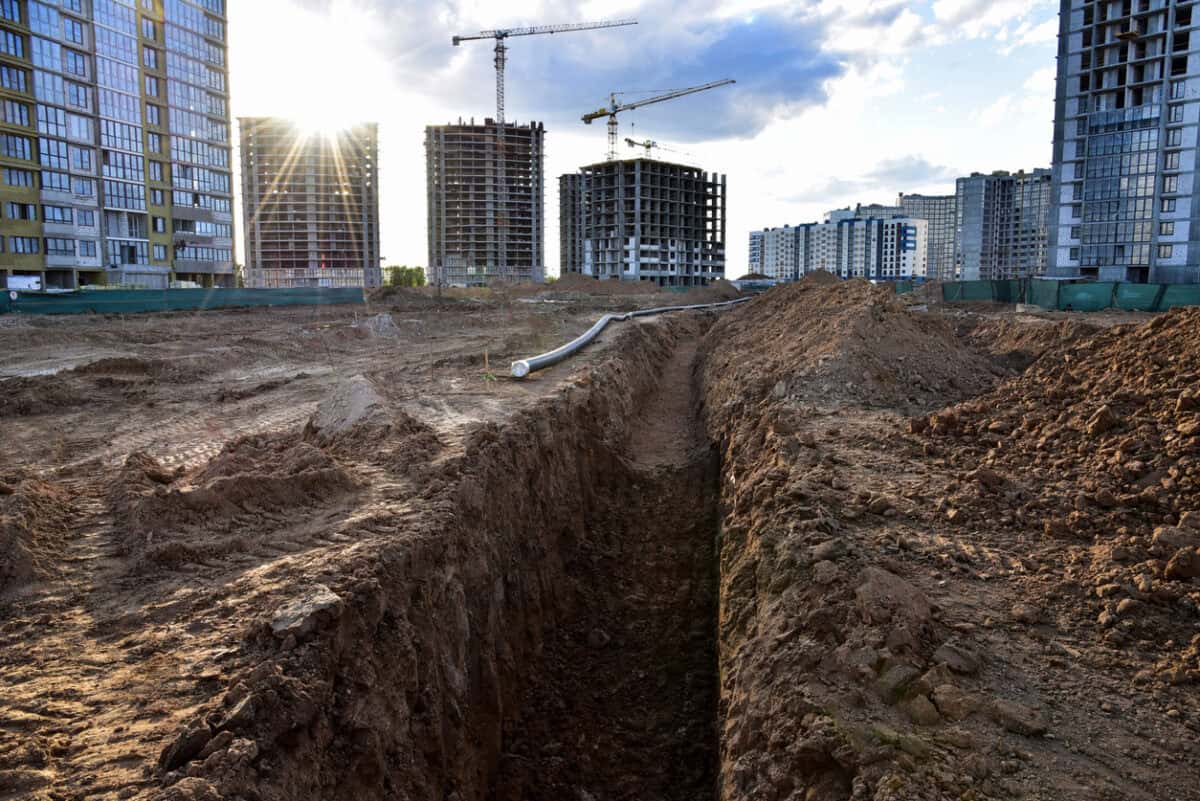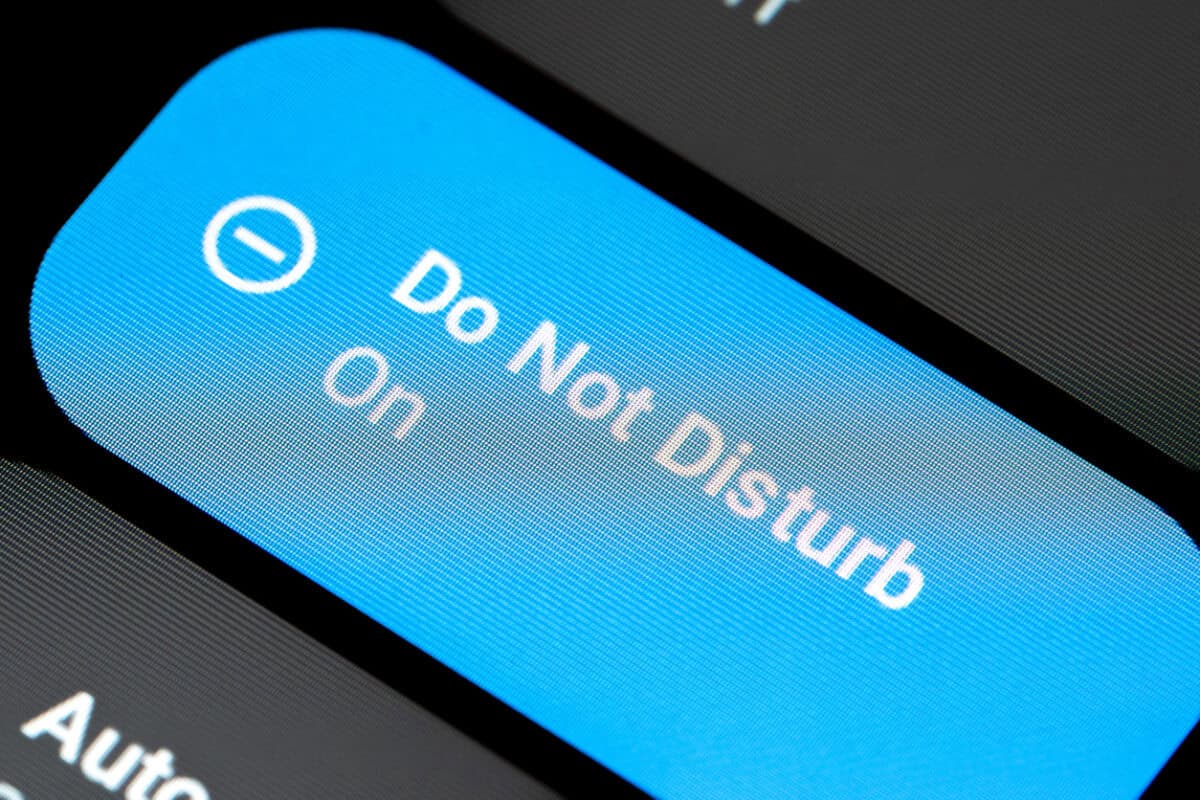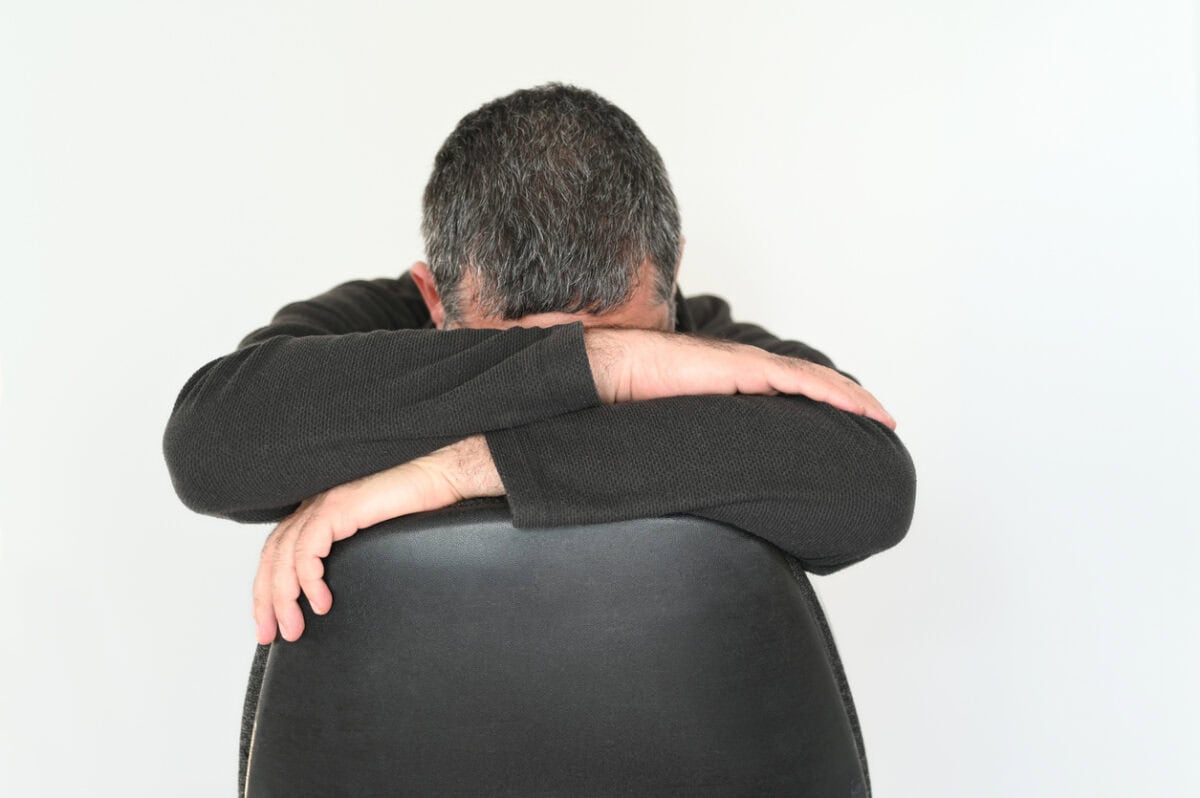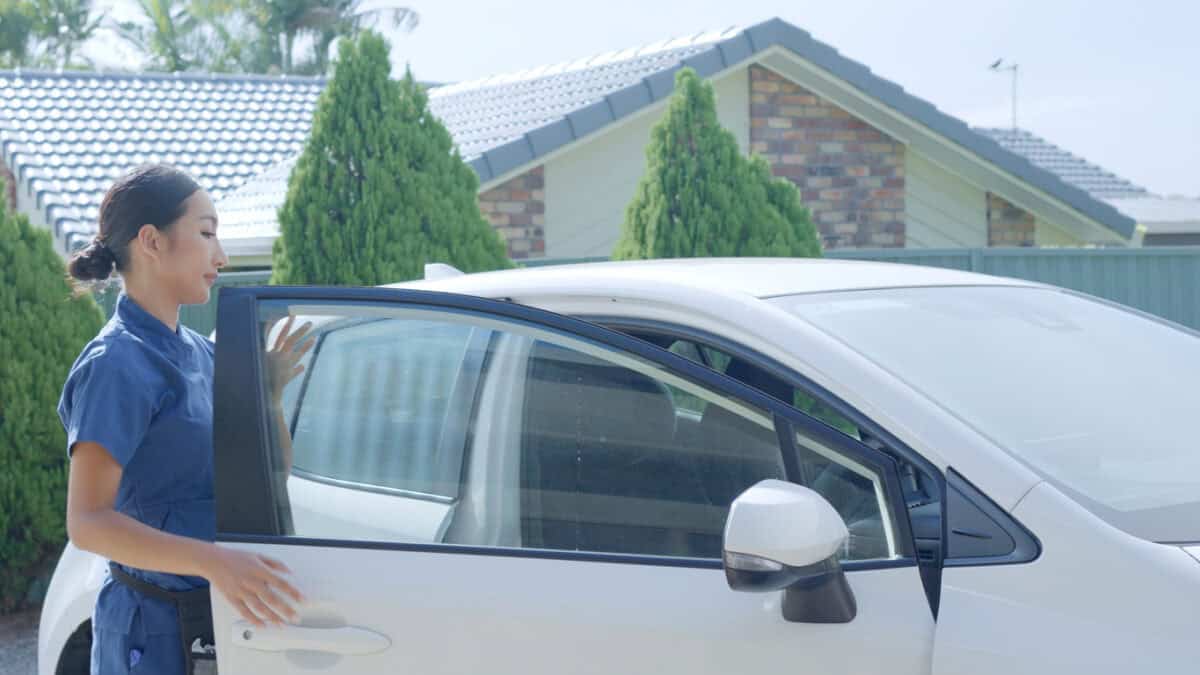There is a new book about psychological safety for organisations. Many have been published over the last twenty years, but the climate, at least, in Australia has changed. Psychological safety is now part of a broader and more inclusive concept – Psychosocial Safety – but many psychologists have not yet caught up, or are in denial or are too embedded in their established services to be able to or willing to change.
Any new book on psychological safety in workplaces needs to be contemporary and reflect these changes. Gina Battye‘s “The Authentic Organisation—How to Create a Psychologically Safe Workplace” is not quite there.

